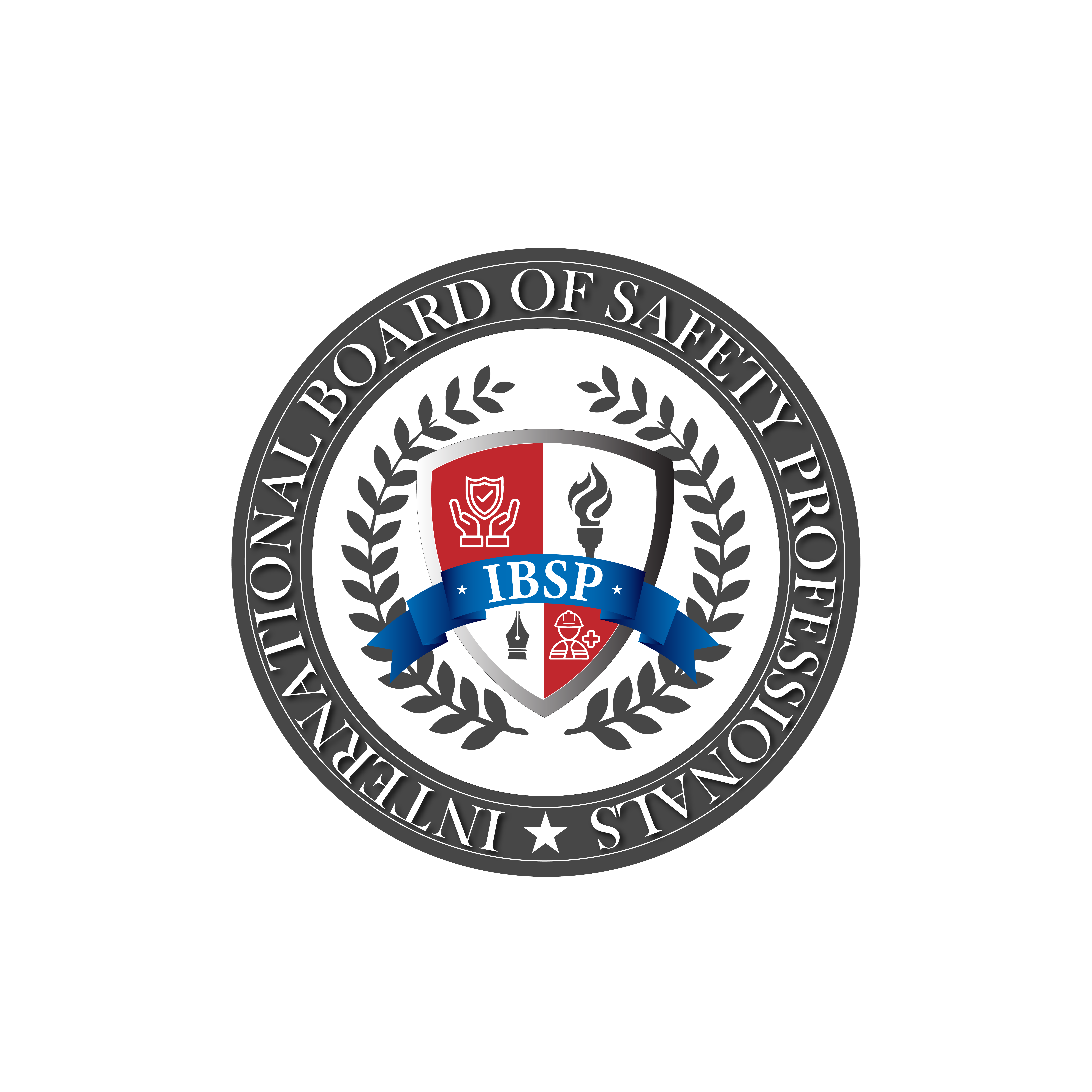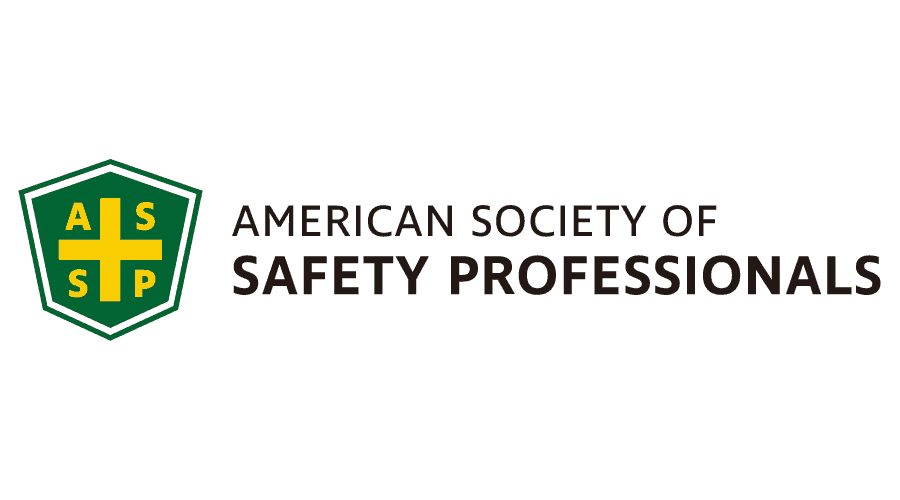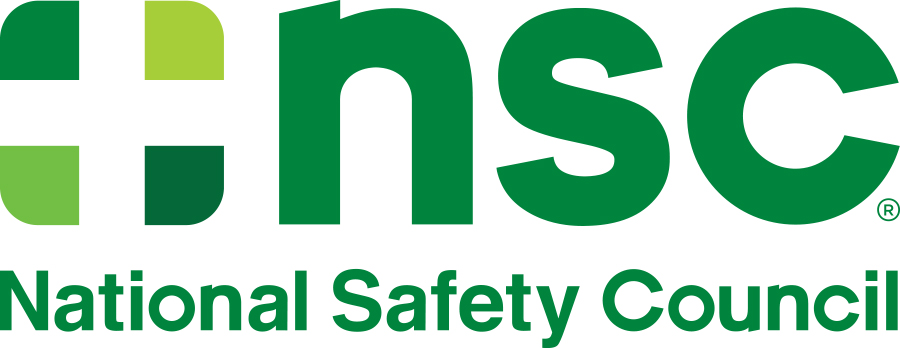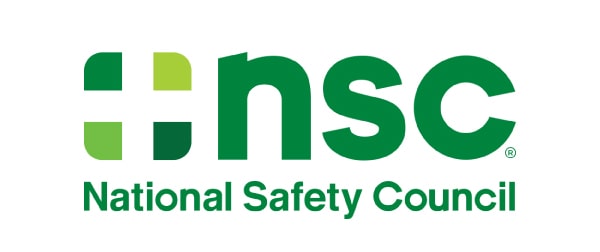IBSP Diploma in Process Safety Management
Details About IBSP Diploma in Process Safety Management
Course Overview:
The IBSP Diploma in Process Safety Management is a specialized program aimed at individuals responsible for managing and mitigating risks in processes that involve hazardous substances and complex operations. This diploma focuses on the principles of process safety, risk assessment, hazard identification, and control measures essential to prevent incidents in high-risk industries.
Key modules cover topics such as process hazard analysis, safety integrity systems, and emergency response planning, which are critical for maintaining safe operational conditions. Students also explore human factors in process safety, asset integrity, and the lifecycle of safety management systems. With real-world case studies and scenario-based exercises, participants gain practical insights into proactive safety strategies that reduce risks related to equipment failure, human error, and hazardous material handling. Graduates will be prepared to implement and oversee robust safety systems, ensuring compliance with regulatory standards and protecting people, assets, and the environment from process-related risks.
Course Modules:
- PSM-041 Module 1 : Introduction to Process Safety Management (PSM)
- Overview of Process Safety Management principles and regulations.
- Understanding the importance of PSM in high-hazard industries.
- Key components of an effective PSM program.
- Roles and responsibilities in PSM implementation.
- HRA-042 Module 2 : Hazard Identification and Risk Analysis (HIRA)
- Techniques for identifying process-related hazards (HAZID, HAZOP).
- Conducting risk analysis and assessment (Quantitative Risk Assessment – QRA).
- Evaluating the likelihood and impact of process hazards.
- Implementing strategies for risk reduction and control.
- PHA-043 Module 3 : Process Hazard Analysis (PHA)
- Conducting Process Hazard Analysis (PHA) using different methodologies (e.g., HAZOP, FMEA).
- Identifying potential failure points and safety-critical elements.
- Prioritizing hazards based on risk and implementing safeguards.
- Documentation and follow-up on PHA recommendations.
- EPR-044 Module 4 : Emergency Planning and Response in Process Safety
- Developing and implementing emergency response plans specific to process safety.
- Identifying potential emergency scenarios in process operations.
- Coordinating with emergency services and internal teams.
- Training and drills for emergency preparedness and response.
- IRA-045 Module 5 : Incident Investigation and Root Cause Analysis
- Procedures for investigating process-related incidents and near misses.
- Conducting root cause analysis to identify underlying issues.
- Learning from incidents to prevent future occurrences.
- Reporting and documenting findings and corrective actions.
- PSA-046 Module 6 : Process Safety Audits and Continuous Improvement
- Planning and conducting process safety audits.
- Identifying non-compliance and areas for improvement in PSM systems.
- Implementing corrective actions and tracking progress.
- Strategies for continuous improvement in process safety management.
Who Needs IBSP Diploma in Process Safety Management ?
- Process safety managers and safety engineers.
- Professionals in industries handling hazardous processes (e.g., oil and gas, chemicals, pharmaceuticals).
- HSE managers and supervisors responsible for process safety.
- Engineers and technical staff involved in plant operations and maintenance.
What Are the Benefits of IBSP Diploma in Process Safety Management ?
- Master the principles of process safety and risk management.
- Develop the skills to conduct process hazard analyses and risk assessments.
- Gain expertise in implementing safety systems and controls for hazardous processes.
- Increase eligibility for roles in high-risk industries with stringent safety requirements.
- Strengthen ability to maintain regulatory compliance in process safety.
Assessment Systems:
The assessment structure includes:
- Module-based assignments and practical projects
- Case studies involving real-world process safety scenarios
- A final project focused on designing or improving a process safety system
- Comprehensive examination to test knowledge and practical application
Course Duration:
The program is designed to be completed in 3-6 months.














